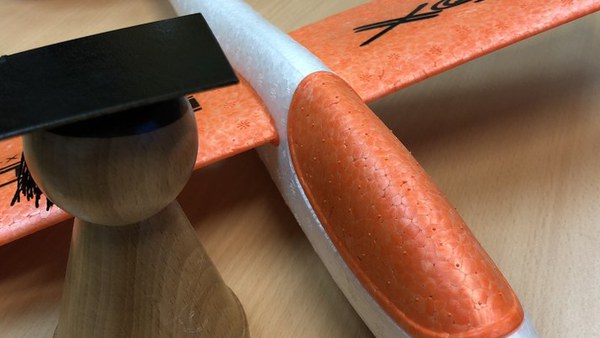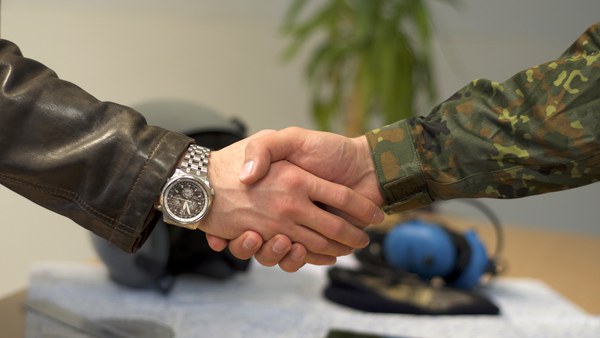Applied Research
With its research activities, the Chair of Aircraft Dynamics & Flight Guidance opens up innovative fields of application in connection with intelligent automation of flying systems. By developing and testing appropriate laboratory prototypes, we are advancing into new functional areas. For example, traditionally pure pilot tasks in flight and mission management are performed by machine functions (mission management). Cognitive pilot assistance systems function as digital co-pilots (operator/pilot assistance). The management of unmanned aircraft becomes more efficient and efficient through autonomous capabilities (UAV automation/autonomy).
Fundamental Research
With its basic research activities, the Chair of Aircraft Dynamics & Flight Guidance contributes to the development of modern theoretical approaches for the cooperative interaction of humans with cognitive automation in flight systems. By testing our laboratory prototypes we gain well-founded scientific insights. For example, machine functionalities are investigated that reflect the mental state of humans in order to control the work process adaptively (adaptive automation/autonomy). Methods and algorithms of artificial intelligence are made available to the application developer in the form of cognitive architectures (cognitive architectures). Novel paradigms for the interaction of man and machine are systematically derived (human-automation integration).

